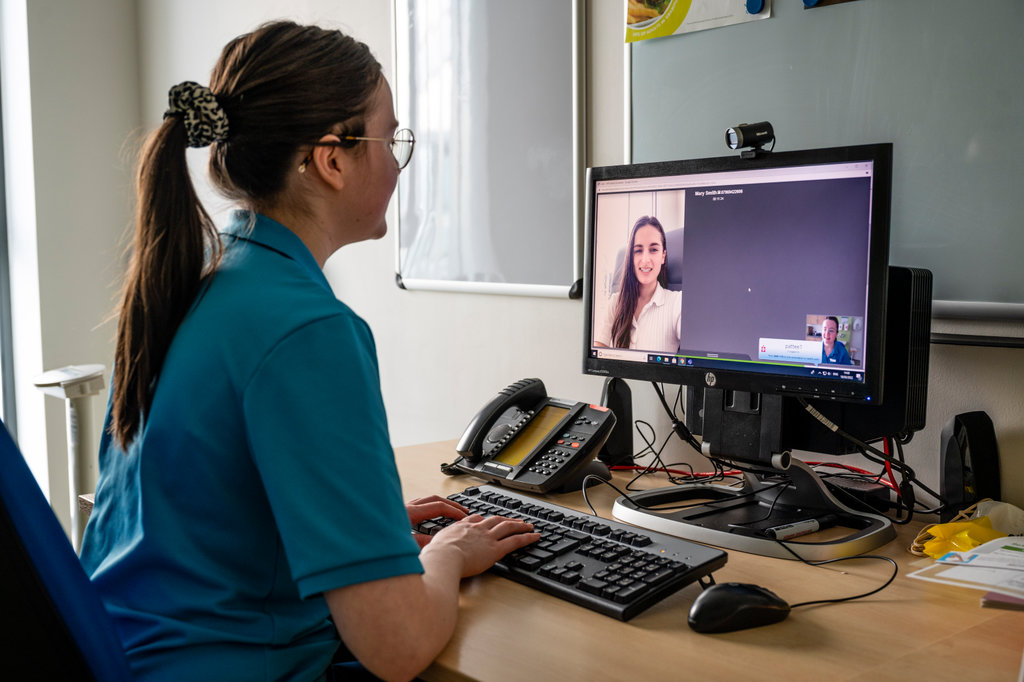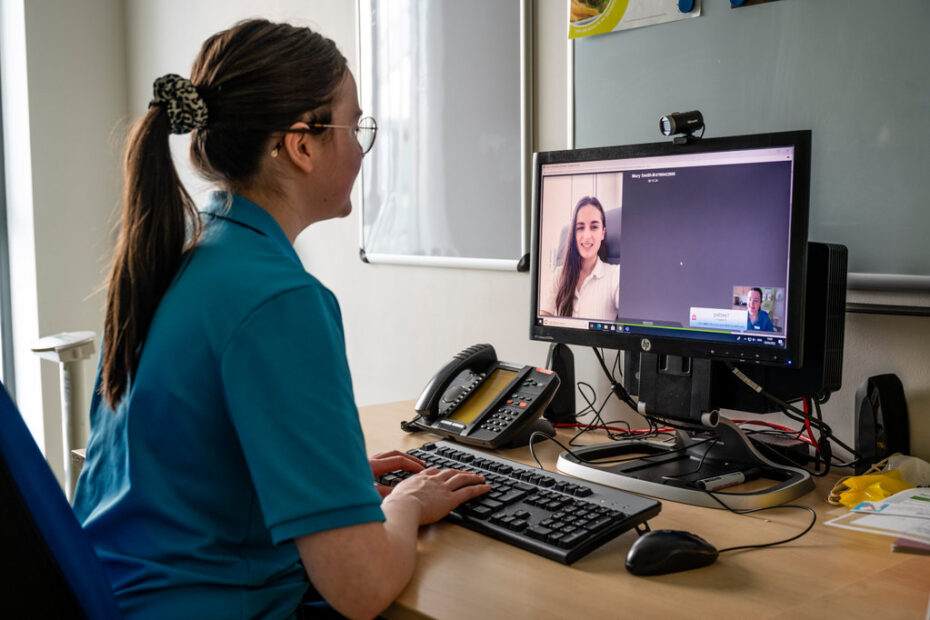
Virtual consultations could cut the proportion of people who don’t turn up for medical appointments, new figures have suggested.
Analysis by NHS Greater Glasgow and Clyde found patients were less likely to miss their virtual appointment when compared with those that were face-to-face.
During June 2024, 9.6% of in-person appointments were not attended, while only 7.8% of virtual appointments were missed.
Every missed in-person appointment is estimated to cost the NHS in the region of £233.
NHSGGC is highlighting the benefits of video and telephone consultations as it looks to increase their use where clinically appropriate.
They can save people time and money by reducing the need to travel and allow for greater flexibility, with patients less likely to have to take time away from work, education or other responsibilities to attend hospital unnecessarily.
Virtual consultations can be particularly helpful to those who are managing long-term conditions and may require regular check-ins with their clinicians, and in situations where a physical examination or procedure is not required.
NHSGGC uses the Near Me video platform to conduct video appointments which is secure and easy to connect to with any device that can make video calls.
Patients are being reminded they can explore the option of having a virtual consultation with their healthcare professional.
Face-to-face appointments will always be offered to those who need them for reasons such as the requirement for a physical examination, or when complex information must be shared.
Dr Scott Davidson, NHS Greater Glasgow and Clyde’s Deputy Medical Director for Acute Services, said: “Virtual consultations can be beneficial to many patients as they reduce the need for people to travel to and from hospitals.
“They offer a great deal of flexibility and save people time and money.
“This new analysis suggests virtual appointments could cut down on the number of missed appointments, ensuring patients are getting the specialist advice and care they need.
“We would encourage patients to explore the option of a virtual consultation with their clinician. They may not always be suitable and face-to-face consultations will always be offered to those who need them.”
